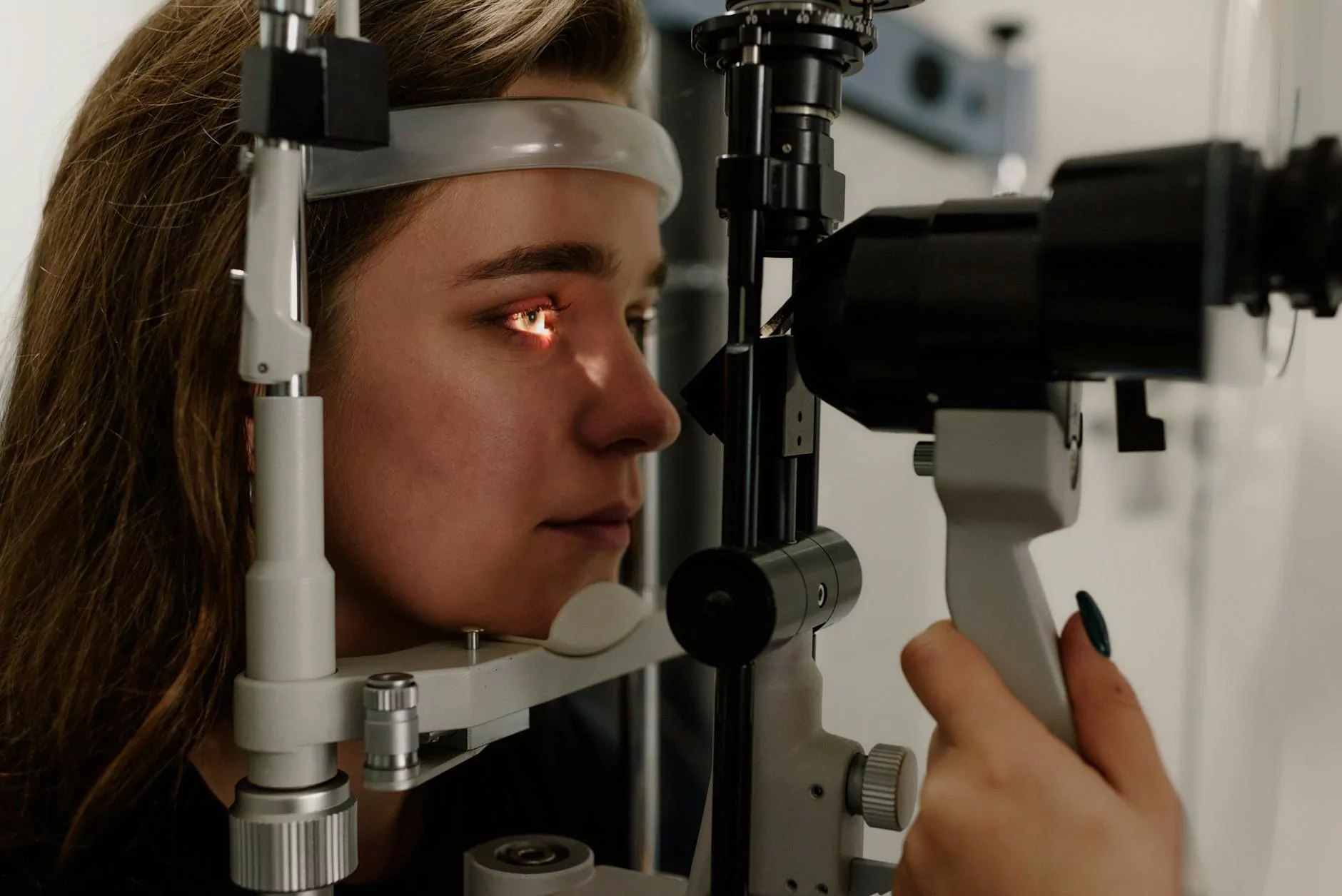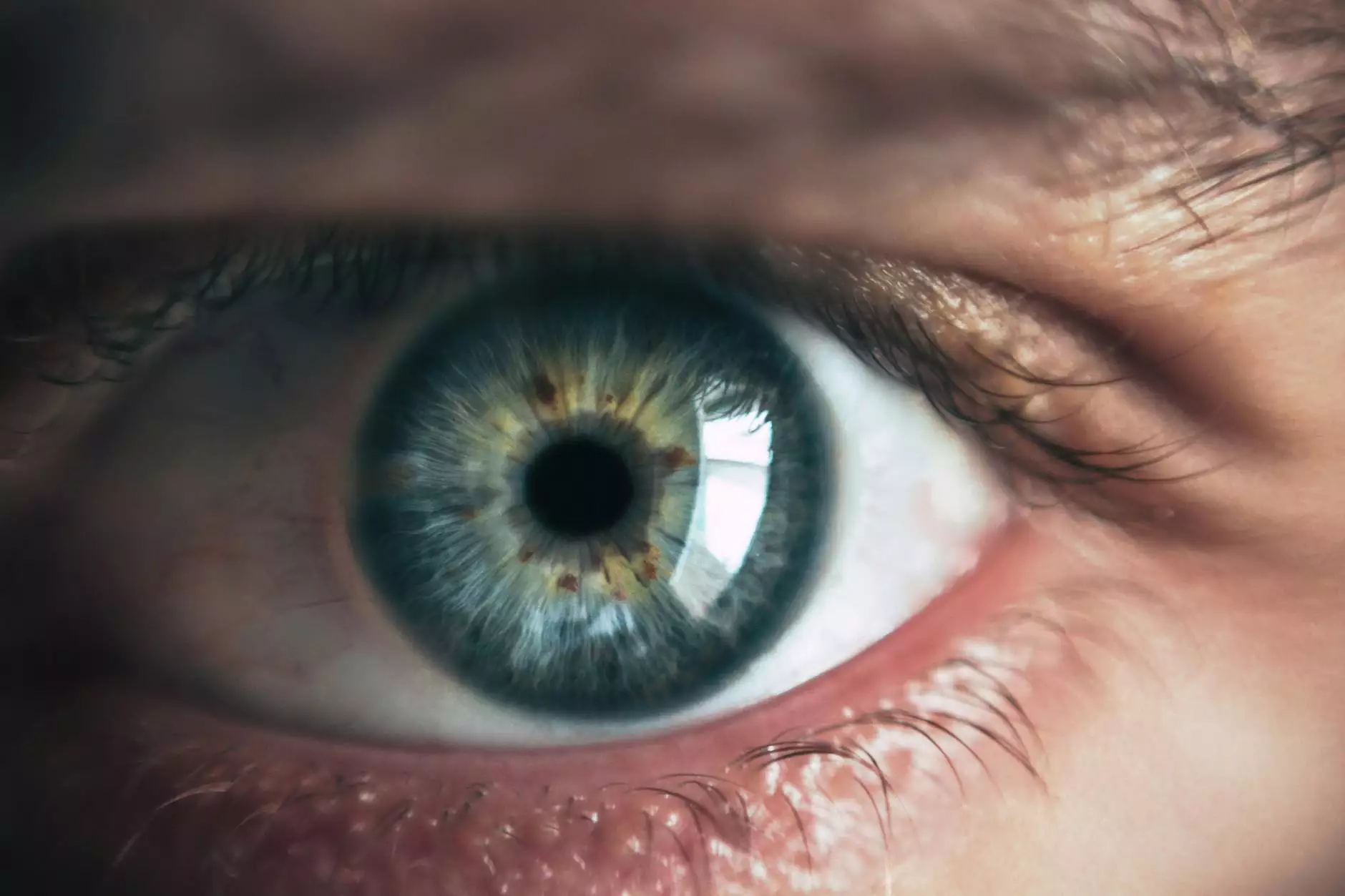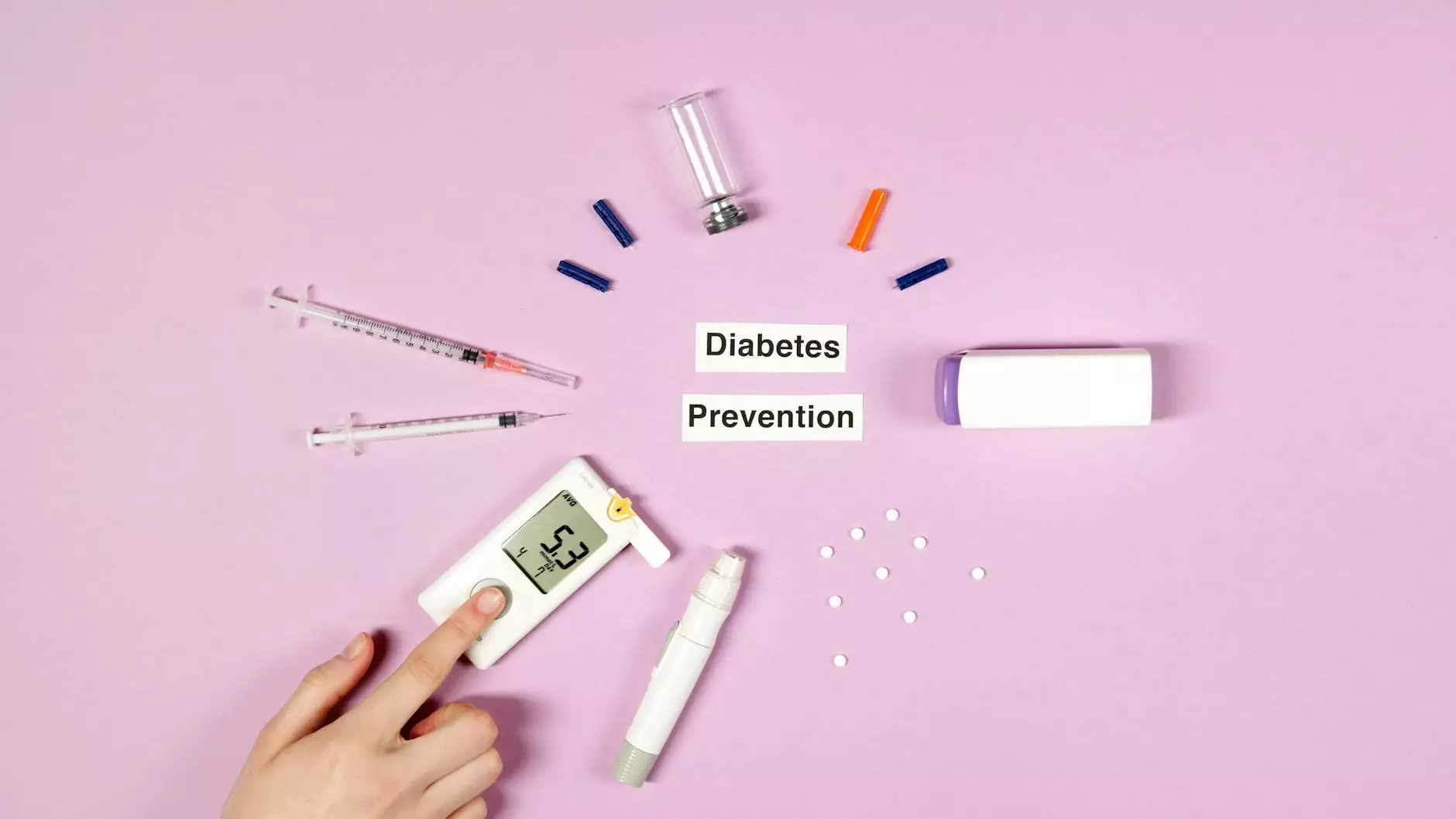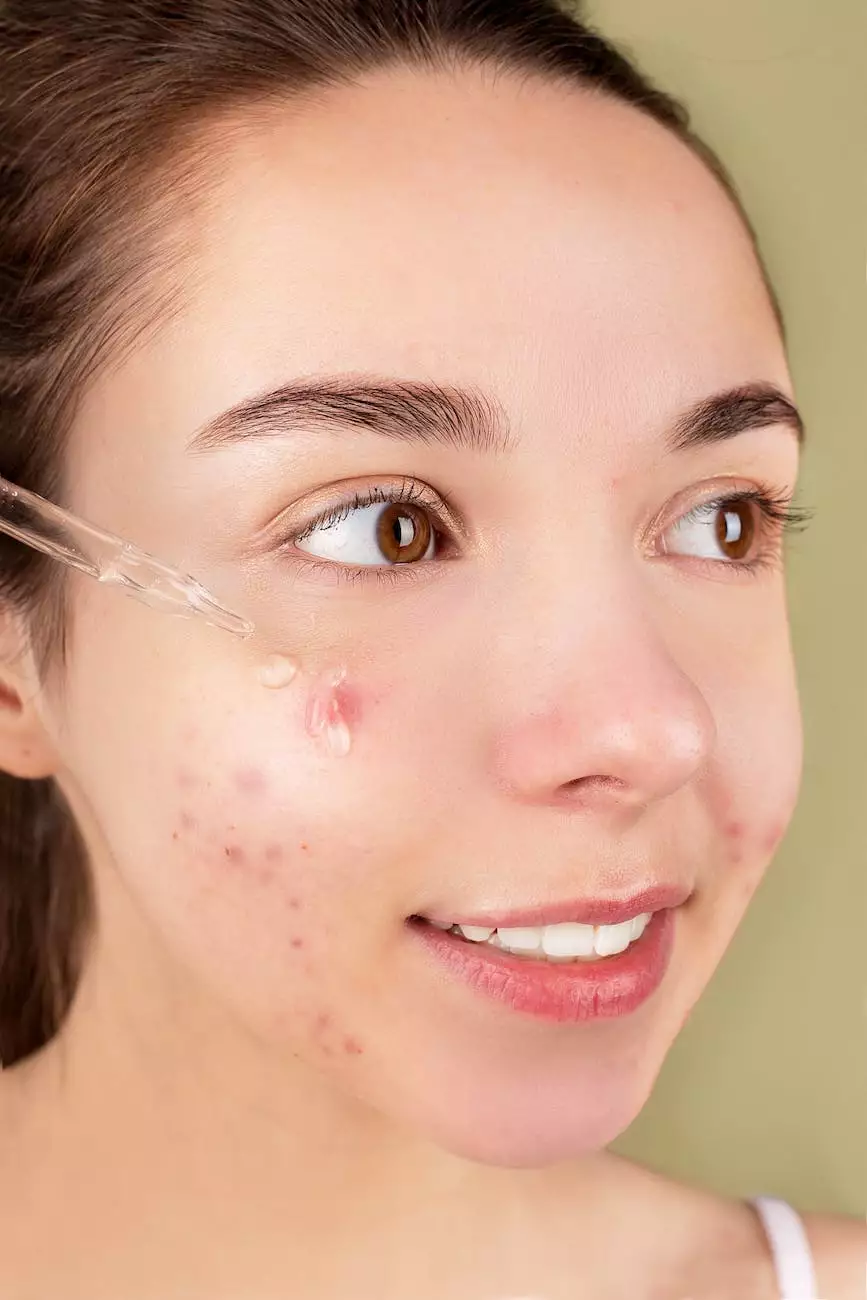Retinal Tears and Detachments

Understanding Retinal Tears
A retinal tear is a condition that occurs when the retina, the thin layer of tissue at the back of the eye, becomes torn or separated from the underlying layers. It can cause serious vision problems if left untreated. At David J Scholten, OD, PC, we specialize in diagnosing and treating retinal tears, providing our patients with the highest quality of care.
Causes and Symptoms
Retinal tears can occur due to various factors, such as:
- Age-related changes in the vitreous gel
- Eye trauma or injury
- High levels of myopia (nearsightedness)
- Family history of retinal tears
Common symptoms of retinal tears may include:
- Floaters - tiny specks or spots that seem to float across your field of vision
- Flashing lights or sudden increase in the number of floaters
- Blurred or distorted vision
- A shadow or curtain appearing in your peripheral vision
- Loss of central vision
Diagnosis and Treatment
When you visit David J Scholten, OD, PC for concerns about retinal tears or detachments, our experienced optometrists will conduct a thorough examination of your eyes. This may include:
- Retinal examination - to assess the condition of the retina and identify any tears or detachments.
- Visual acuity test - to determine the sharpness and clarity of your vision.
- Ultrasound imaging - to obtain detailed images of the inner structures of your eyes.
If a retinal tear is detected, prompt treatment is necessary to prevent further complications. Some common treatment options include:
- Laser photocoagulation - uses a laser to seal the retinal tear, preventing fluid from leaking underneath the retina.
- Cryopexy - involves applying intense cold to create a scar around the retinal tear, effectively sealing it.
- Scleral buckle surgery - involves placing a silicone band around the eye to support the detached retina and align it properly.
- Vitrectomy - removes the vitreous gel from the eye and replaces it with a gas or oil bubble to support the retina.
Prevention and Follow-Up Care
While not all retinal tears can be prevented, there are several measures you can take to reduce your risk:
- Undergo regular eye exams to detect any early signs of retinal issues.
- Protect your eyes from injury by wearing appropriate eye protection.
- Manage any existing conditions that may increase your risk, such as diabetes or high blood pressure.
- Follow your optometrist's instructions regarding post-treatment care, including any necessary follow-up visits.
At David J Scholten, OD, PC, we prioritize your eye health and are committed to providing you with personalized care and treatment options. Contact us today to schedule an appointment or if you have any concerns about retinal tears or detachments. Trust our experienced team to help you maintain optimal eye health.









